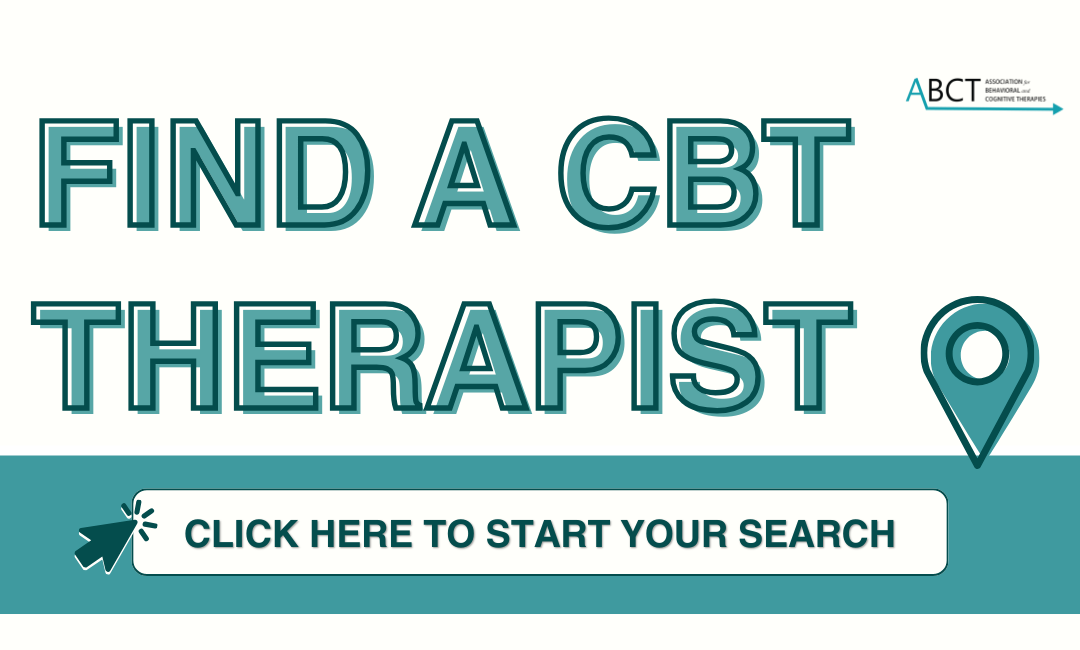Find a CBT Therapist
Search through our directory of local clinicians.
“What Is CBT and Does It Actually Work” Reflection
Determining what kind of therapy is right for you can be a daunting task. A recent article published by Health Conscious titled “What Is CBT and Does It Actually Work” briefly describes cognitive behavioral therapy (CBT), an evidence-based treatment that has been shown to be effective for a variety of concerns.
CBT is an active and goal-oriented approach that implements researched, effective strategies. It offers a variety of treatment methods. A core principle of CBT treatments is that our thoughts, feelings, and behaviors are interrelated. CBT often involves identifying maladaptive thoughts and behaviors and implementing strategies to build healthier habits.
The article lists an arry of cognitive behavioral therapies, including Mindfulness-Based Cognitive Therapy (MBCT), Dialectical Behavioral Therapy (DBT), Acceptance and Commitment Therapy (ACT), and more. The authors include a non-exhaustive list of possible issues that CBT can be used to treat, including relationship problems, anxiety, obsessive compulsive disorder (OCD), mood difficulties, psychosis, chronic pain, grief, and substance issues. It is important to note that CBT can be used to treat a breadth of different issues not limited to any particular concern, although some modalities of CBT may be better for certain conditions than others.
A typical course of CBT will include an evaluation in which the therapist gathers information necessary to develop a collaborative treatment plan that is tailored to your unique presenting concerns.
CBT sessions often include both psychoeducation and homework where learned skills are practiced outside of sessions. CBT can be used both in-person and virtually which eliminates some barriers to accessibility. However, CBT is often recommended for about 8 weeks or more, which may be difficult to commit to.
You can read more details from our “What to Expect from CBT” page.
Finding the right therapist and approach for you can be difficult, but CBT can be provided in many different ways and tailored to you depending on your needs. If you are interested in pursuing CBT you can use our Find-a-Therapist tool.
Written By: Erinne Benedict
Edited By: Nicholas Crimarco, Ph.D.



